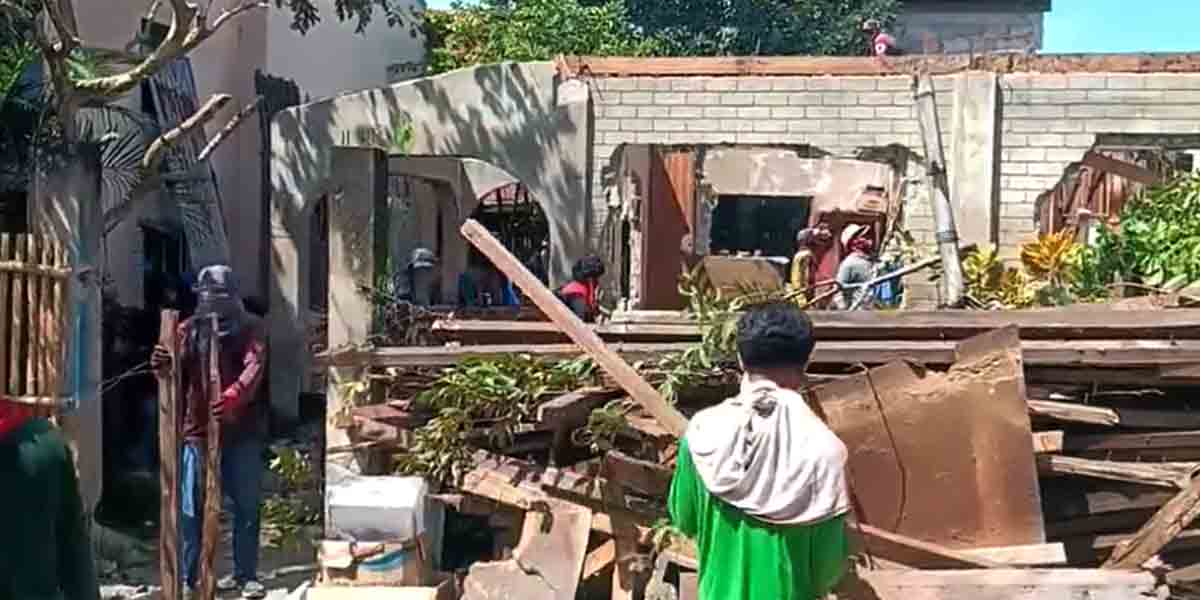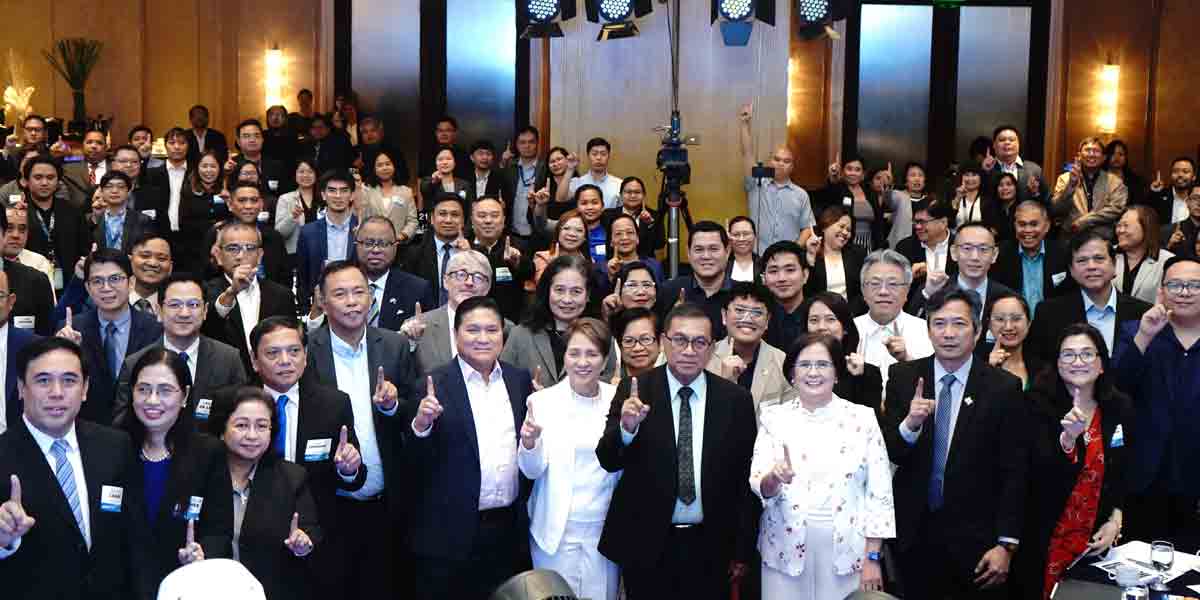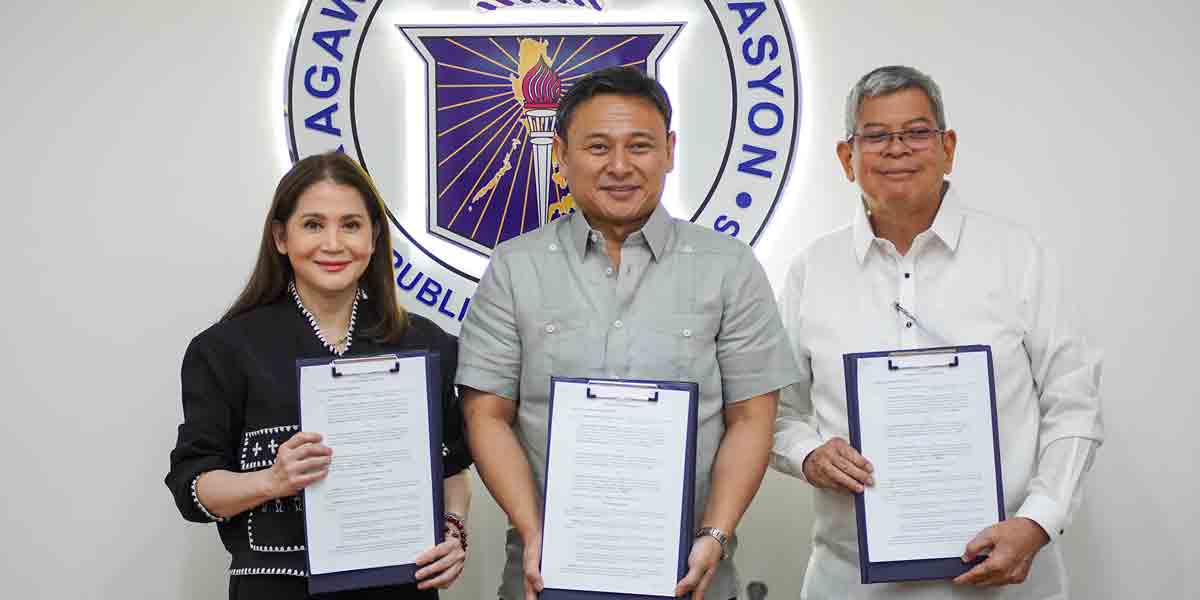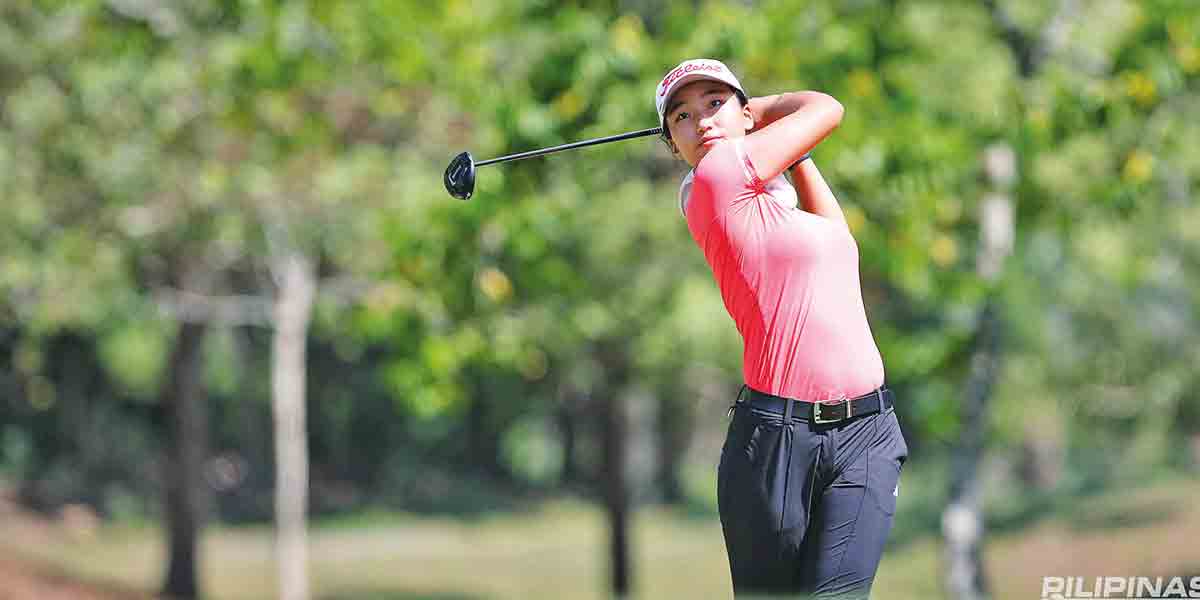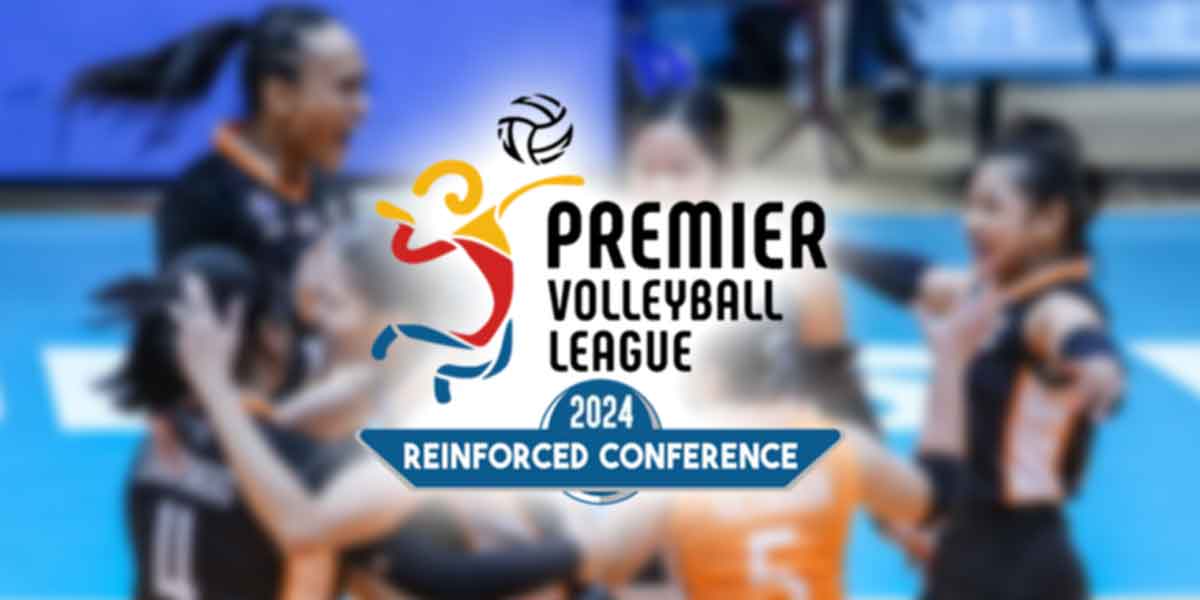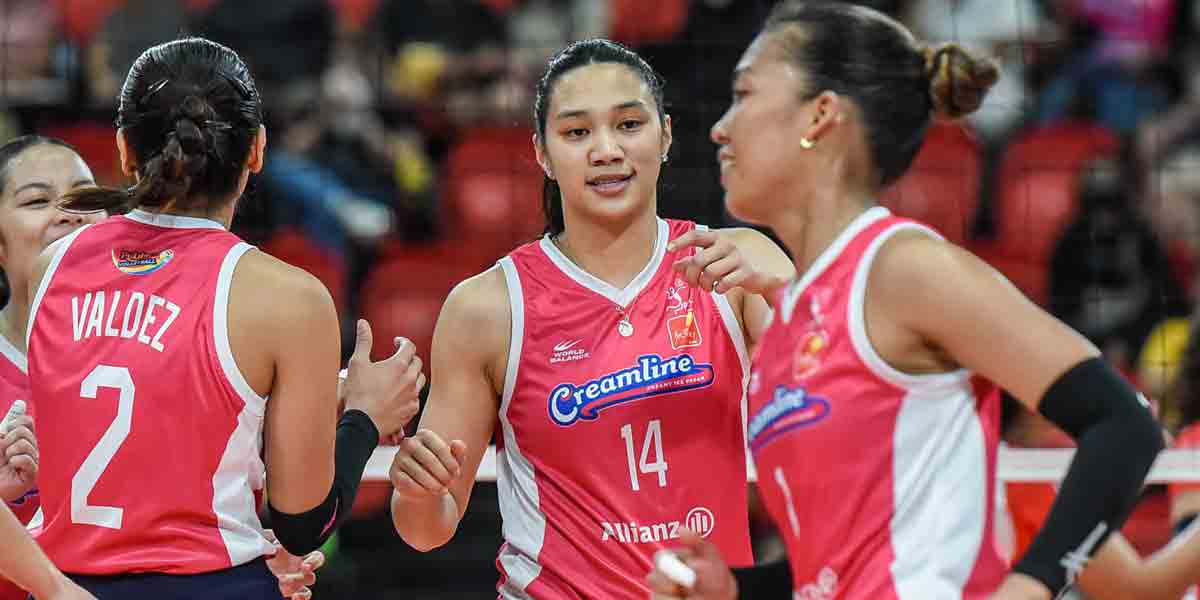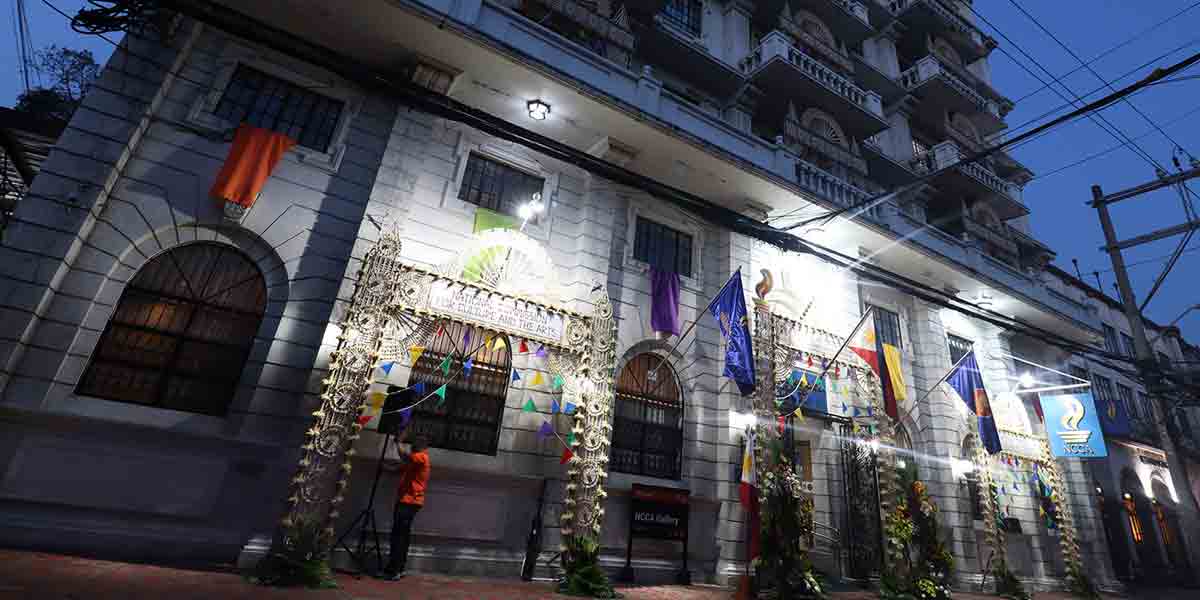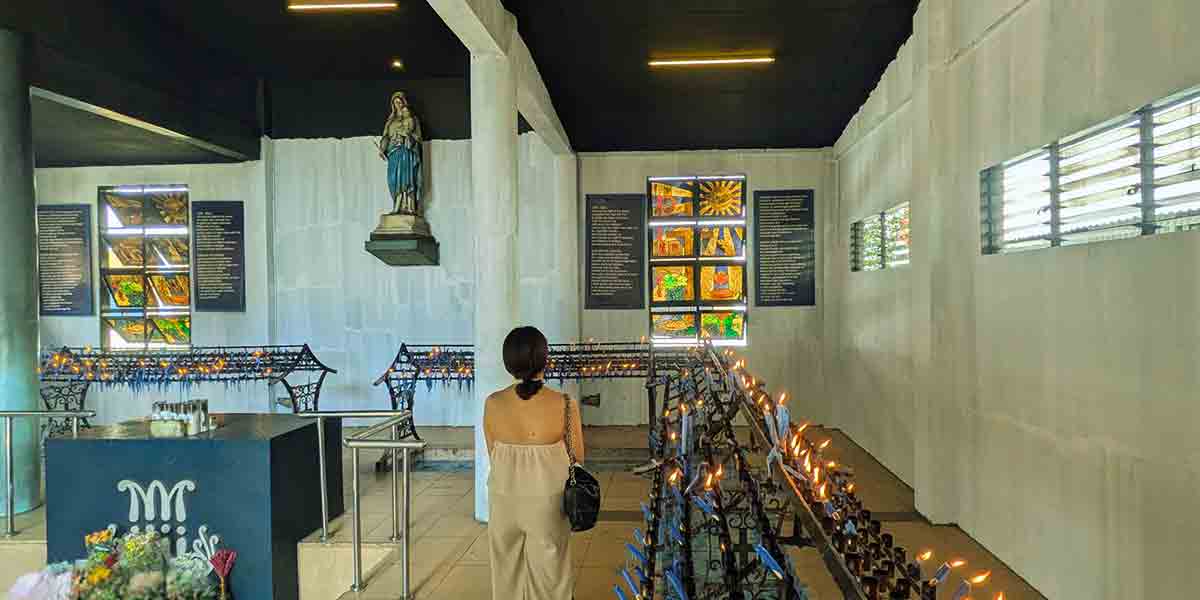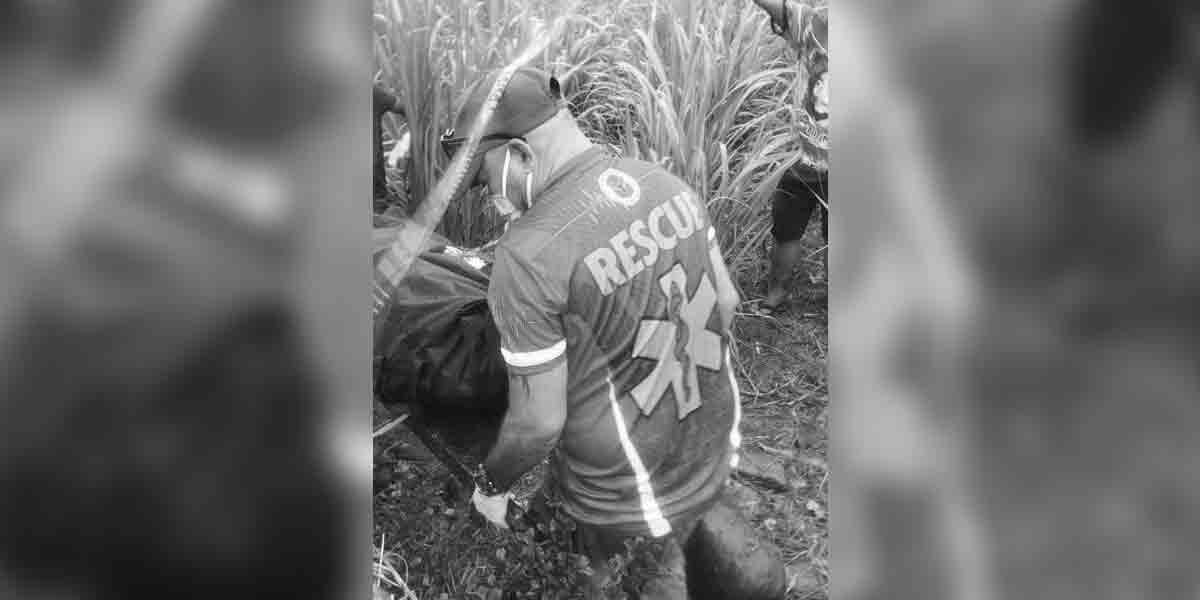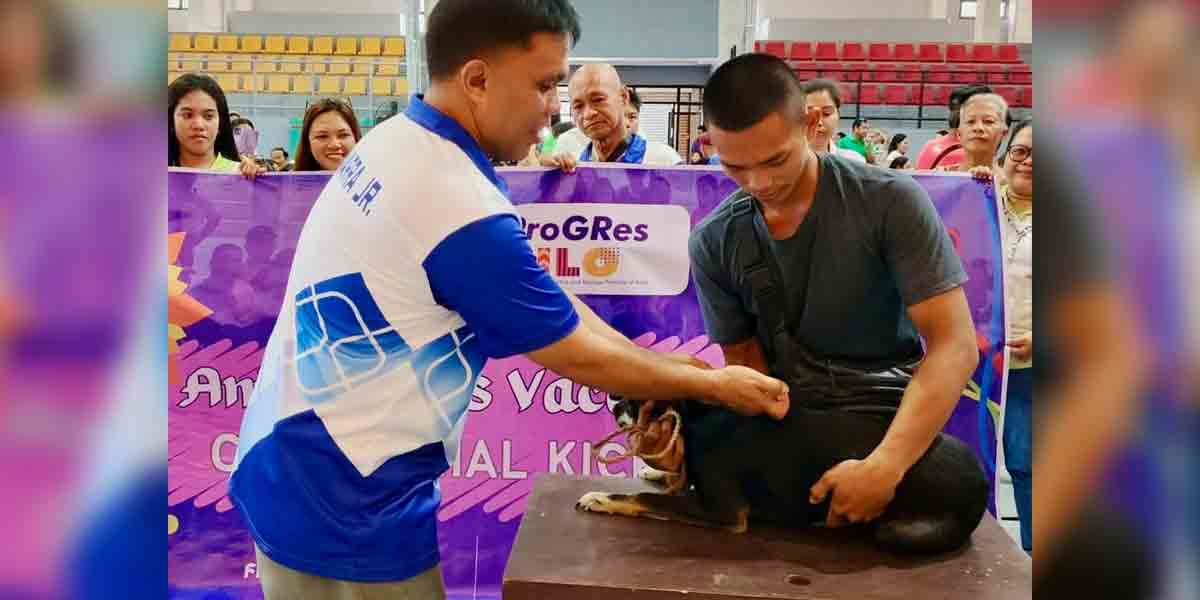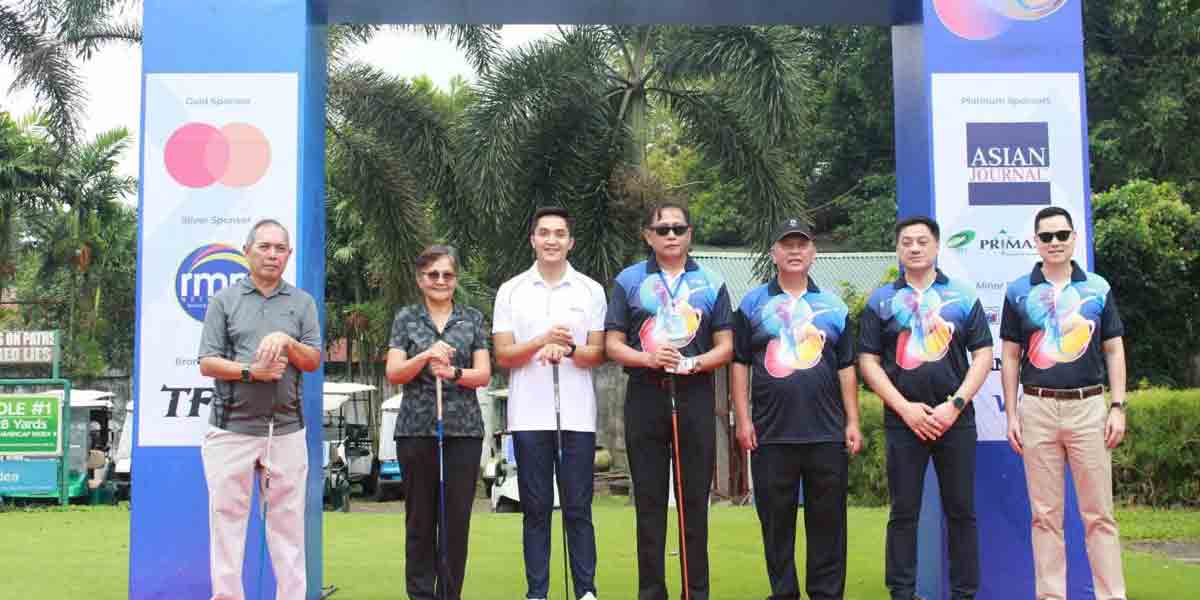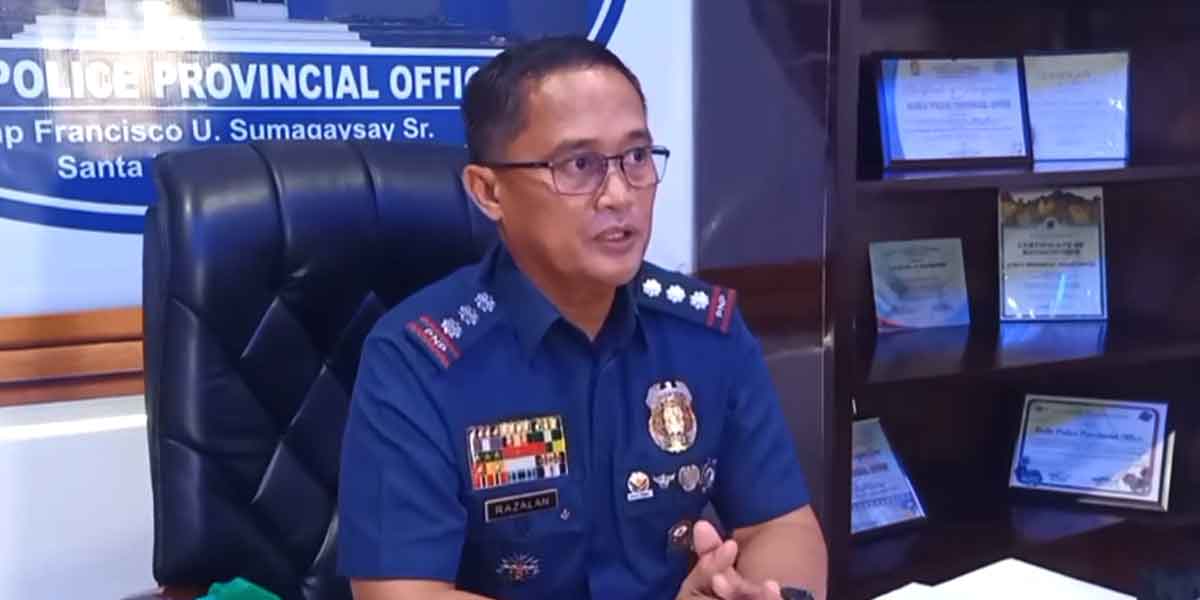
By Joseph B.A. Marzan
The public can definitely expect the May 9, 2022 National and Local Elections (NLE) to be more different compared to previous elections because of the coronavirus disease 2019 (COVID-19), according to Commission on Elections (COMELEC) spokesperson James Jimenez.
In the first leg of #BalitangHalalan seminar-workshop hosted by the Philippine Press Institute (PPI) Friday, Jimenez discussed media coverage of past elections and what to expect in the 2022 NLE.
The relevant dates for the upcoming polls include the filing of certificates of candidacy or COC (Oct. 1 to 8, 2021), the election period (Jan. 9 to June 8, 2022), and the start of campaigns (Feb. 8, 2022 for national candidates and March 25, 2022 for local candidates).
Jimenez said campaign rules would be ideally available before Oct. 1, which will include rules on mass gatherings and the use of mass media and social media in campaigns.
“We’re gonna try to get it out by October 1, obviously, because we want to make sure that by the time people file their certificates of candidacy, they will know what’s going on. But in any case, applicability will only kick in at the start of the election period at the earliest,” Jimenez said.
He also expounded on campaign rules in each area, considering the COVID-19 pandemic.
For mass gatherings, there will be restrictions to be applied on attendance, venue capacities, and in-rally behaviors.
Restrictions on the issuance of permits will be imposed via rules promulgated by the Department of the Interior and Local Government (DILG) and the Local Government Units (LGUs).
There will also be closer coordination with the Barangay Health System, and the use of Audio-Visual Presentation (AVP) trucks are likely to be authorized.
For mass media, the rules on propaganda will remain, while guidelines on campaign coverage will focus on safe coverage practices.
The PiliPinas Debates will still be a largely media production.
Back in 2016, the COMELEC partnered with terrestrial networks ABS-CBN, GMA, TV5, and CNN Philippines in hosting the PiliPinas Debates for presidential and vice-presidential candidates.
As to social media, regulation will still be on the cost of political advertising, as there are still no laws regulating the use of social media in campaigns.
Part of the Statement of Contributions and Expenditures (SOCE) filed by candidates are social media expenditures, with payments to influencers also required of campaign contractors to be reported.
But given the impact of social media in the 2016 NLE, the COMELEC will be partnering with 3rd party providers to provide tutorials on the effective, “non-trollish” use of social media for campaigning.
Jimenez highlighted the inequity of access to social media campaigns, especially by “poorer and smaller” candidates, as another reason why they would be pursuing the partnerships.
“It’s one thing to have a Facebook account, it’s another thing to have a campaign professionally running your social media campaign on Facebook. These are two different things. I have a Facebook account but I don’t think I can ever match any political party’s ability to mobilize Facebook or to use tools to mobilize votes in their favor. (sic) Since mass gatherings are pretty unsafe, they will be flocking to social media, we will be seeing a lot of small campaigns suffering from this inequality, this inadequacy of skill and technique,” he said.
CONTROL POINTS
Jimenez also mentioned 4 “control points” where the COMELEC will issue guidelines to absolutely control how things are done. The rules aim to guarantee the safety of the participants in these election-related activities.
The control points include nomination conventions (Sept. 1 to 28, 2021), filing of COCs (Oct. 1 to 8, 2021), election day (May 9, 2022), and canvassing at all levels (May 9 to May 20, 2022 and beyond).
Nomination conventions will most likely fall under the guidelines on indoor rallies, which the COMELEC believes will be easier to control because these are mostly indoor rallies and will delve more on limitations on attendance and behavior.
In the filing of COCs, there will be guidelines for outdoor rallies from the COMELEC and restrictions on rally permits will mostly fall on LGUs.
For the COMELEC, the main point during this period will be restrictions on entry into election offices in the country for both media and the candidates themselves.
Jimenez emphasized on an “alt-observer mode” where there will be alternative means of observation to avoid crowding.
Cameras will stream events inside the election offices video to areas where people are more appropriately distanced.
On election day, controls will be on voting centers and polling place. It is likely that voting hours will be extended, and smaller precinct sizes will be implemented due to the pandemic.
In previous elections, 10 voters are allowed in a voting room. This may be “knocked down” to smaller sizes, like 5 or even 1 voter. A maximum of 800 voters will be assigned to every precinct.
The downsized precincts will lead to longer voting hours, which the COMELEC has set from 6 a.m. to 6 p.m.
Voting centers will be structured differently – health stations will be established outside of the voting centers. Access to the voting centers will be restricted to voters and members of the media after undergoing health screening.
If there are reasons to doubt the voters’ status or health conditions, they will be diverted to isolated polling places where they can vote away from the general population.
But Jimenez emphasized that having COVID symptoms does not disqualify voters, and they will be able to vote even if they have COVID symptoms.
He added that the COMELEC will not require COVID-19 vaccination cards in polling places, as inoculation was not a qualification for voting.
COMELEC is still discussing exceptions for prominent people who will cast their vote and will attract heavy media attention.
Jimenez said COMELEC “will as much as possible try to accommodate that with everyone’s safety in mind”.
For canvassing at all levels, the COMELEC will be strict on access, with health protocols to be enforced and an alt-observer mode available for members of the media.
But Jimenez emphasized that even with their issued guidelines, the safety of election stakeholders will ultimately depend on every person.
“Even if the COMELEC does provide guidelines for safe conduct, please remember that it all boils down to individual responsibility. We can all be given guidelines until we’re blue in the face, but if we choose to ignore them because in the heat of trying to do what we’re supposed to do, we forget that we are in very perilous times, then we endanger everyone else,” he said.

